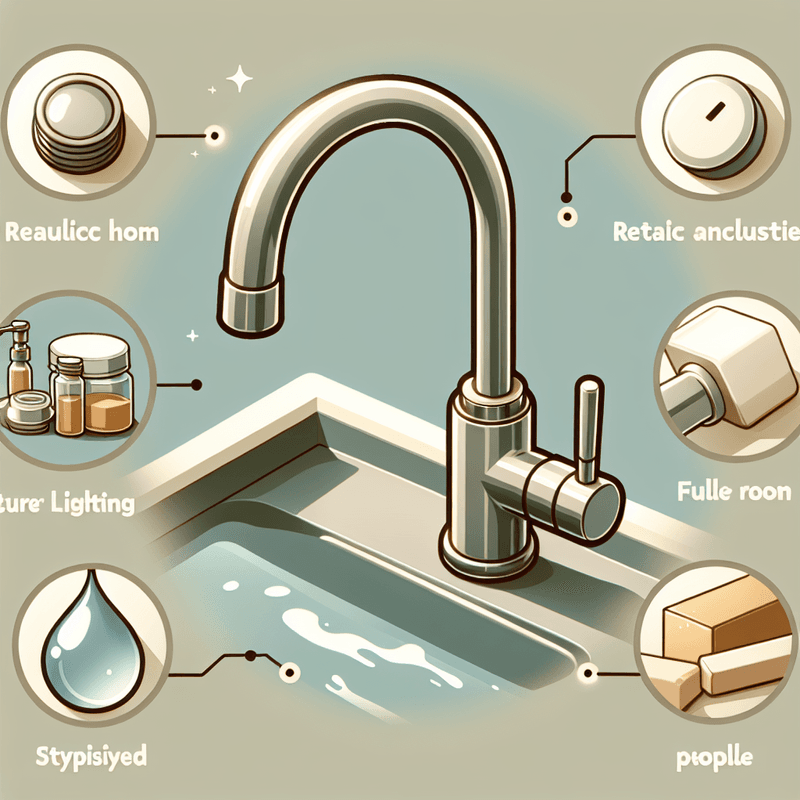Flooding in your basement can be a troubling issue, particularly when it stems from the basement drain. Such scenarios not only pose a risk to the structural integrity of your property but also create an environment conducive to mould and mildew. Understanding the underlying causes, recognising early warning signs, and knowing how to handle these situations can significantly mitigate the damage and safeguard your home's lower levels.
What Causes Basement Drain Flooding?
Basement drain flooding occurs when excess water overwhelms the drainage system. Various factors can trigger this, including:
- Heavy Rainfall: Intense or prolonged rain can saturate the soil around your home, increasing the pressure on drainage systems.
- Blocked Drains: Common blockages from sediment, tree roots, or household waste can restrict water flow, causing backups.
- Faulty Drain Design or Installation: Incorrectly sized or poorly installed drainage systems may fail during high demand periods.
- Surrounding Landscape Issues: Inadequate grading or landscaping that directs water towards the building can exacerbate flooding risks.
Early Warning Signs of a Problem
Spotting the early signs of a drainage issue can prevent a minor annoyance from becoming a disaster:
- Water Marks: Look for tide marks or damp patches on basement walls.
- Unusual Noises: Gurgling sounds from drains or toilets can indicate trapped air due to blockages.
- Slow Draining: Water pooling around drains for longer than usual often hints at a blockage or system issue.
- Odours: Foul smells emanating from your basement drain are typically associated with stagnant water or sewage backflow.
DIY Tips for Managing and Preventing Flooding
Before reaching out to a professional, there are several measures you can take:
1. Inspect and Clean Your Drains: Regularly check your drains for debris and clear them using a plumber's snake or a high-pressure water jet.
2. Test Your Sump Pump: If equipped, ensure your sump pump is functioning correctly by pouring water into the pit to see if it activates and drains the water.
3. Regrade Your Landscape: Ensure the ground slopes away from your home to aid natural water runoff.
4. Install a Backwater Valve: This valve prevents sewage from flowing back into your basement during heavy rainfalls.
When to Call a Professional
There are scenarios when DIY solutions might not suffice:
- Persistent Flooding: If flooding recurs despite clear drains and a working sump pump, there might be a more significant, hidden problem.
- Severe Blockages: Professional tools or expertise may be required to remove stubborn blockages deep within the pipeline.
- System Overhauls: Redesigning or installing new drainage systems should be handled by experienced professionals to ensure compliance with regulations and functionality.
Long-term Prevention Strategies
Maintaining a dry basement requires ongoing attention:
- Regular Maintenance: Schedule regular inspections and maintenance of your drainage system to ensure everything is in working order.
- Upgrade Outdated Systems: Consider upgrading old pipes or installing additional infrastructure like French drains or additional sump pumps if necessary.
- Monitor Weather Alerts: Being aware of potential heavy rainfall can help you prepare and prevent flooding by taking precautionary measures beforehand.
- Educate Your Household: Ensure everyone in your home knows what to do in the event of flooding, such as where to find and how to use sandbags.
Conclusion
Flooding in your basement, particularly from the drain, should not be taken lightly. Identifying the cause, acknowledging the warning signs, and understanding both immediate and long-term solutions are critical steps towards solving this distressing situation. While there are numerous tactics you can employ yourself, recognizing when to call in a professional is crucial to protect your home effectively. If you're facing repeated flooding issues, consider seeking expert advice to diagnose and resolve the underlying problems permanently.
As a preventive action, why not check your basement drainage system this weekend? A quick inspection and clean-up can go a long way in giving you peace of mind, especially with the rainy season around the corner.





